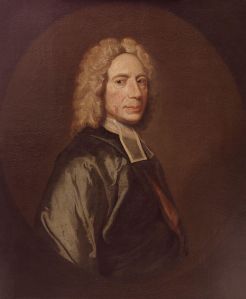Richard Sibbes (1577 – 1635)
The tenets of the Christian life seem paradoxes to carnal men; as first, that a Christian is the only freeman, and other men are slaves; that he is the only rich man, though never so poor in the world; that he is the only beautiful man, though outwardly never so deformed; that he is the only happy man in the midst of all his miseries.







